By Peter Abraham — I’m up in Sun Valley, Idaho for the Rebecca’s Private Idaho gravel race. Started 10 years ago by Rebecca Rusch, RPI is a four-day stage race that people travel to from all over North America. This is my second year in a row at the event; last year I worked here as part of the production team, and this week I was here visiting my friend Russ Pillar and riding in the French Fry event with Blair Clark of Canyon Bikes. This a gravel race that embodies everything I love about this sport: lots of hanging out with the community, hard but enjoyable riding on different types of terrain and a long weekend spent in a beautiful part of the American West.
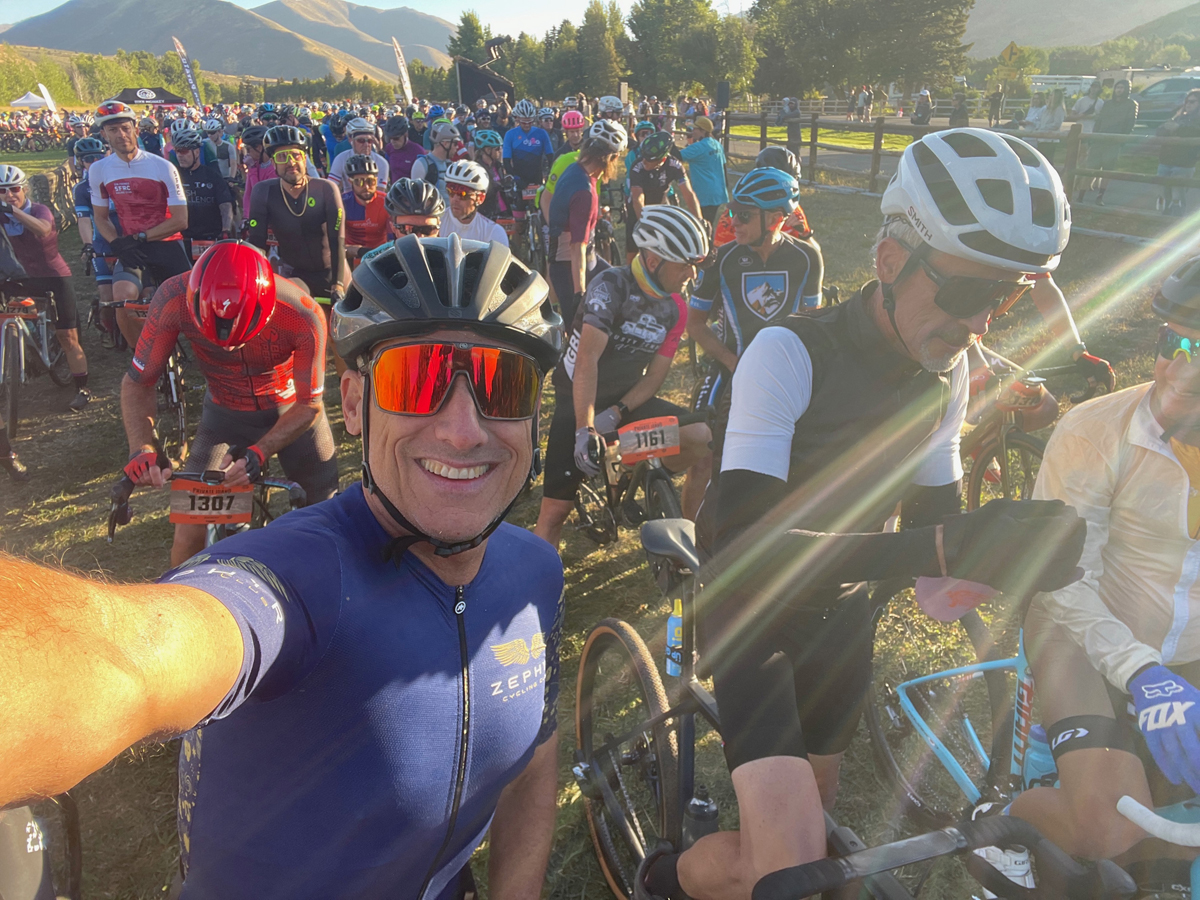
Increasingly I’m worried about the impact of climate change on outdoor activities. In particular, it’s endurance events — gravel races, triathlons, marathons — that will be endangered during fire season (summer and fall) all over Western North America. When dense fire smoke is in the air, which is more and more frequent, even normal, due to climate-caused wildfires, it’s unwise and even dangerous to be running or riding your bike outside.
Both last year and this year, the RPI race was under threat from wildfire smoke. When I worked on the 2021 event, I woke up at 4:00 am every morning with anxiety as I checked the air quality and called Rebecca to discuss the plan for the day. Our medical team from the St Luke’s Wood River Medical Center explained that an AQI of 175 was the upper limit for safe outdoor exercise. A number above that would force us to cancel the day’s events in order to keep our participants safe. In spite of the smoke in the air, the AQI remained below that level for the duration of the event. And this year, Rebecca managed to get all four days off successfully without any cancellations. But both years it was a white knuckle ride for both the event staff and the participants: nobody knew until they woke up if it would be safe to ride that day. The air quality can change dramatically from day to day based on winds, atmospheric conditions and the fire itself.
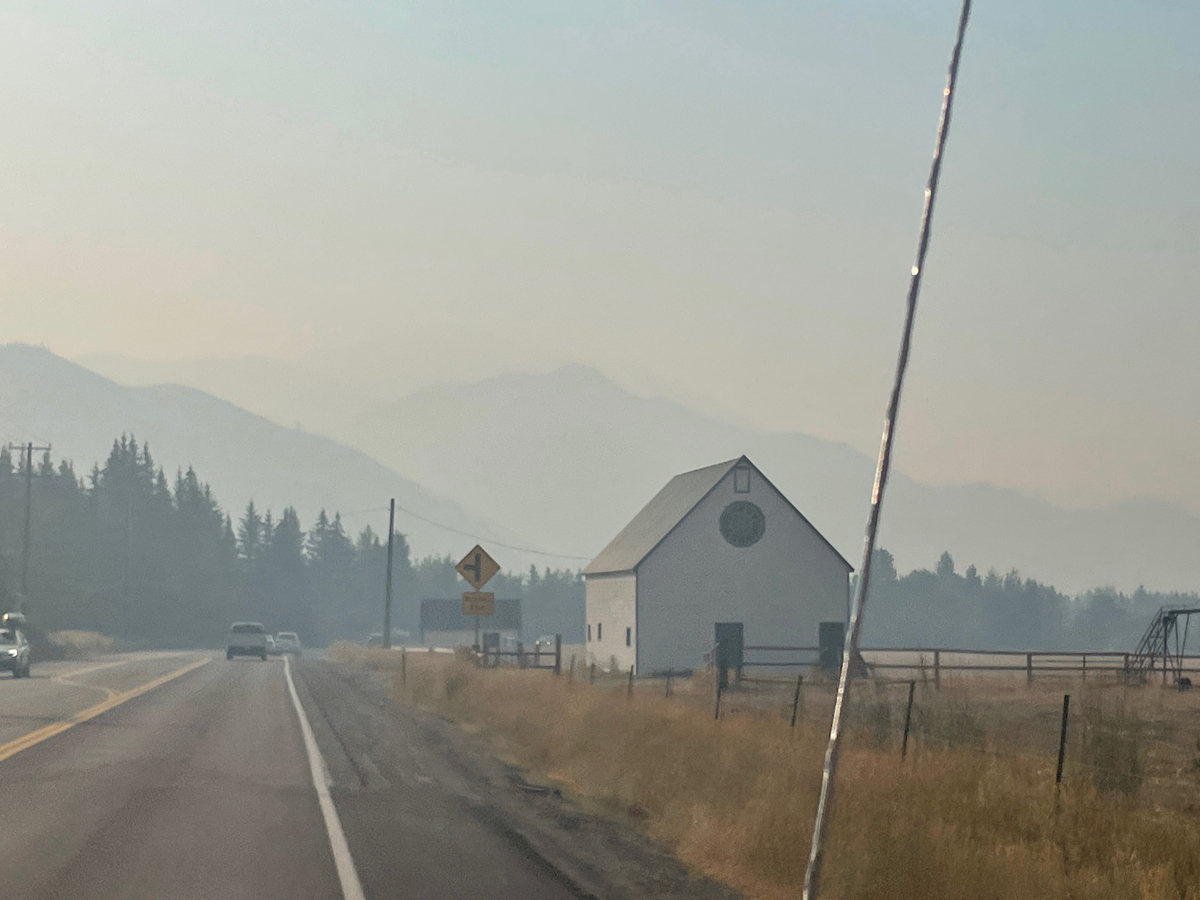
This year a huge wildfire — the Ross Fork Fire — started 20 miles North of Ketchum, Idaho (where RPI is based) on the last day of racing. The next day the smoke was unbearable and the race would certainly have been canceled had it happened one day later.
Events all over the West are now under threat. Even spectator sports like college football games are in danger due to players not being allowed to participate and fans not wanting to be outside breathing in smoke for hours at a time. Wildfire smoke is only one problem: the September heat wave in California is pushing record high temperatures up to almost 120 degrees. It’s estimated that extreme heat has caused 3,900 deaths in the state over the last 10 years.
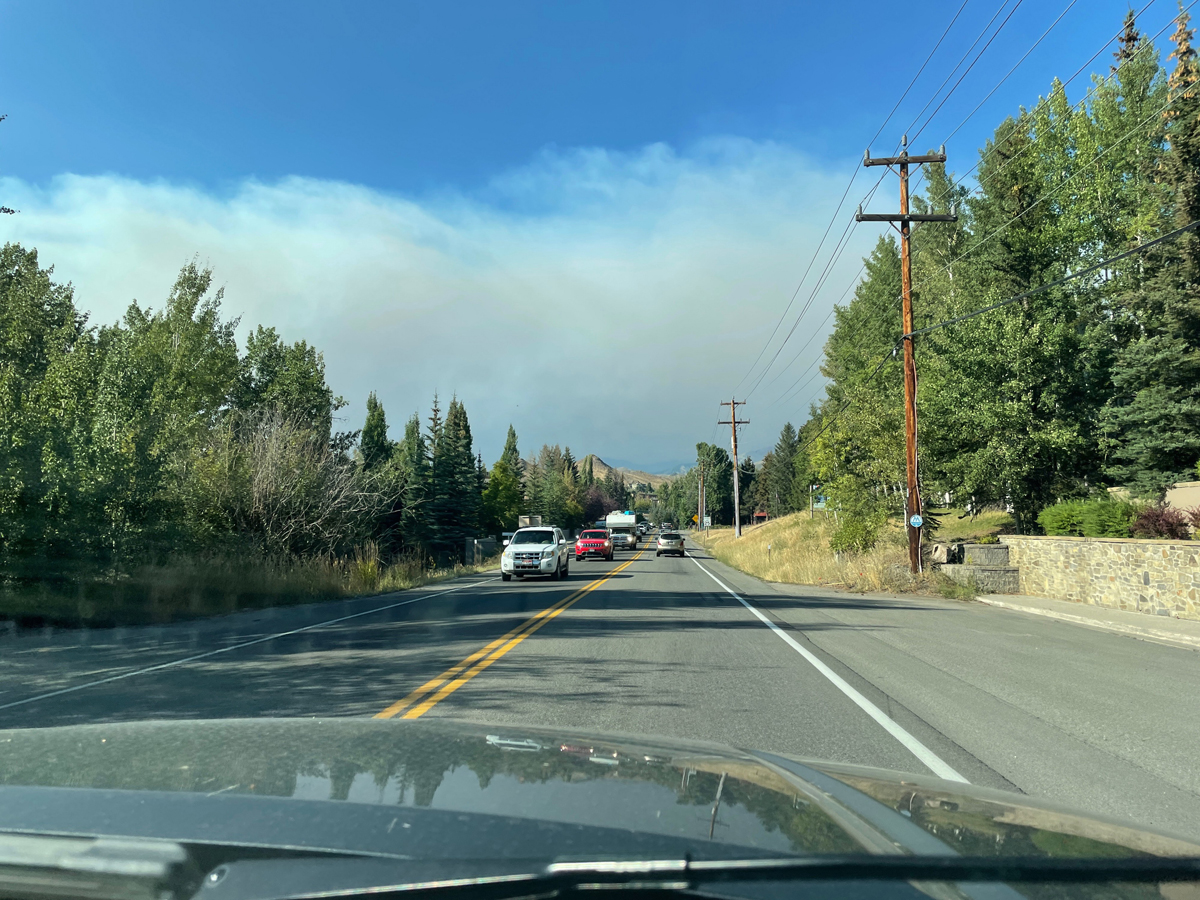
If you were considering the creation of any kind of new outdoor event in the West, at this point you’d probably steer clear of the July-October window because of these climate-related challenges. And what about the economies of places like Sun Valley, which are built around outdoor recreation? Ski areas have already seen their seasons shrink by an average of 34 days since 1982. Wildfires could add to that pain with late summer and early fall wildfires making any outdoor activity too dangerous due to smoke. The already significant climate damage to the outdoor economy is growing by the month. On top of that, many of us in the West consider outdoor sports an essential part of our daily lives. Surfing, running, cycling, hiking and other activities provide fun, mental health, community, spirituality and fitness for millions of people. When all of this gets taken away due to human-caused climate change, where does that leave us? Talking to locals here in Sun Valley, there’s a tone of despair in their voice when they talk about the smoke and its negative impact on their lifestyle.
As humans, we all bear some responsibility for this damage. And we all have a role to play in fixing the problem. If it’s not already too late.
Peter started racing bikes in high school and has continued to ride his entire life. He also runs the Abraham Studio (ABRHM.com), which works with purpose-driven brands in sports, technology and healthcare to find their voices and tell their stories. He lives in Los Angeles, California.

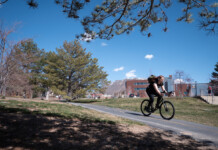
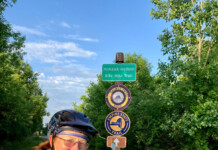
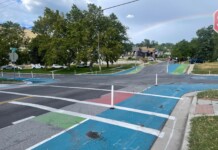





High school essay? Spare us.
Sophomoric approach. How do wildfires only affect endurance events? This should have been titled (entitled?) “My little corner of the world is changing and I need you to respond and fix it”.wild
Accidentally hit send too quickly on my comment. The wildfire data just doesn’t support the implied argument about sources of wildfires or climate change as a fundamental general causality. 89% of wildfires over the last 5 yrs were STARTED by humans, this has no tie to climate issues. Historical data prior to the last 5 years is similar. Lightning-caused wildfires are burning slightly more area. So the mistaken assumptions of the article and the limited scope-the one endurance event the author has experience with- make this an article that probably shouldn’t have been published.
Tour de Tahoe was canceled Sept. 2022 and on morning of the event air quality index was over 400; we stayed about 12 hours and got out as fast as we could.
Comments are closed.